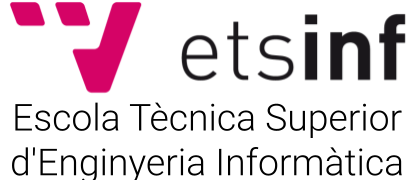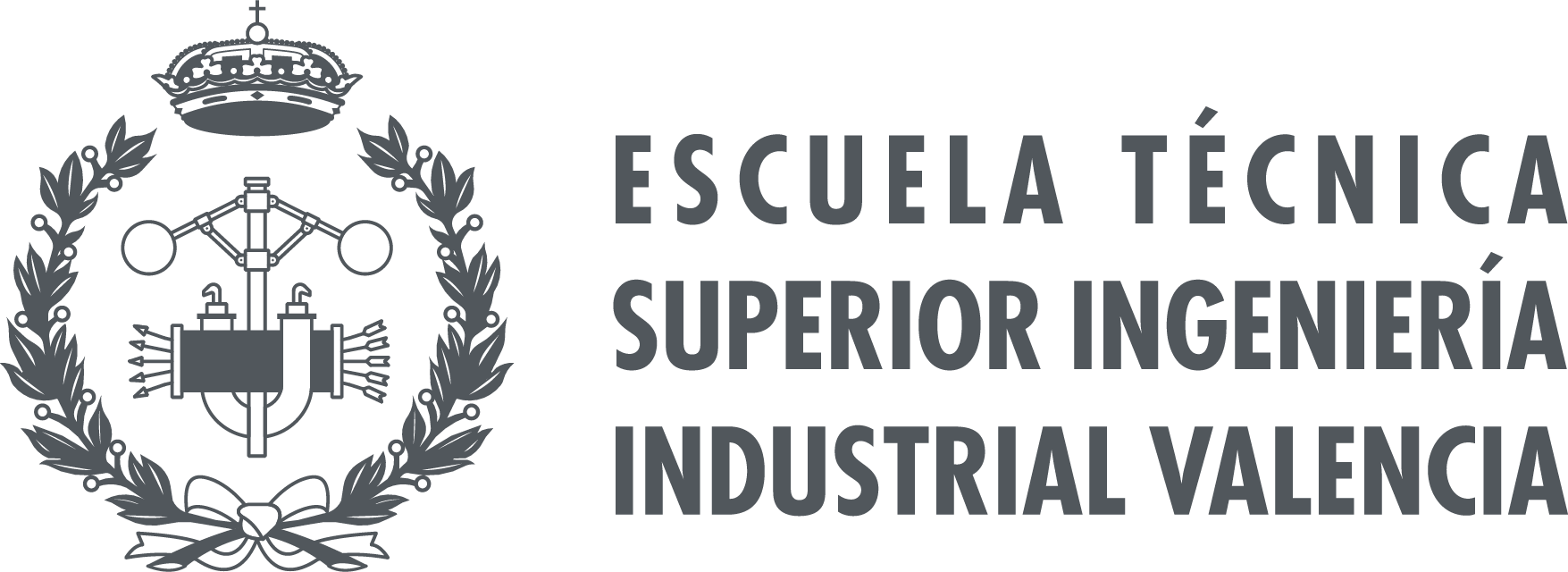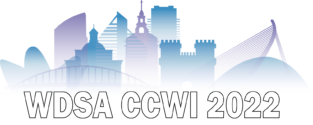About
background
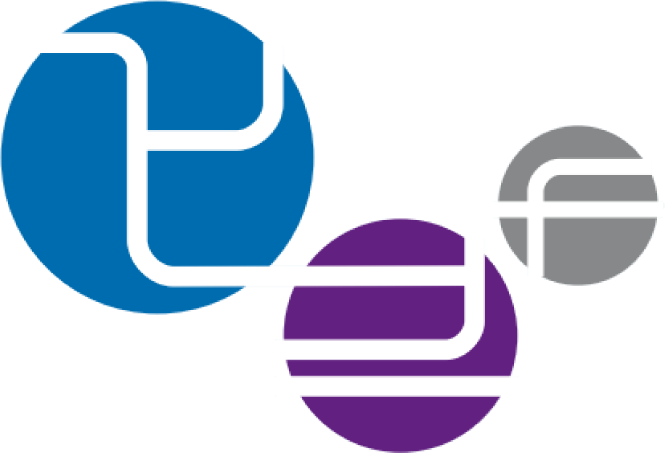
History of the WDSA / CCWI Conferences
Water Distribution Systems Analysis (WDSA)
The WDSA conference focuses on the latest challenges, innovations, and methodologies regarding water distribution systems. It was firstly organized as a conference track at the Annual Conference of the Water Resources Planning and Management Division of ASCE. Since 2006, it has been held every year as part of the EWRI World Water Congress or a stand-alone conference at the following locations:
- 2006 Cincinnati, USA
- 2008 Krueger National Park, South Africa
- 2010 Tucson, Arizona, USA
- 2012 Adelaide, Australia
- 2014 Bari, Italy
- 2016 Cartagena, Colombia
The stand-alone WDSA conference is now jointly organized with CCWI. The first joint conference was held in Kingston, Canada in 2018
History of the WDSA / CCWI Conferences
Computing and Control in the
Water Industry (CCWI)
Water Industry (CCWI)
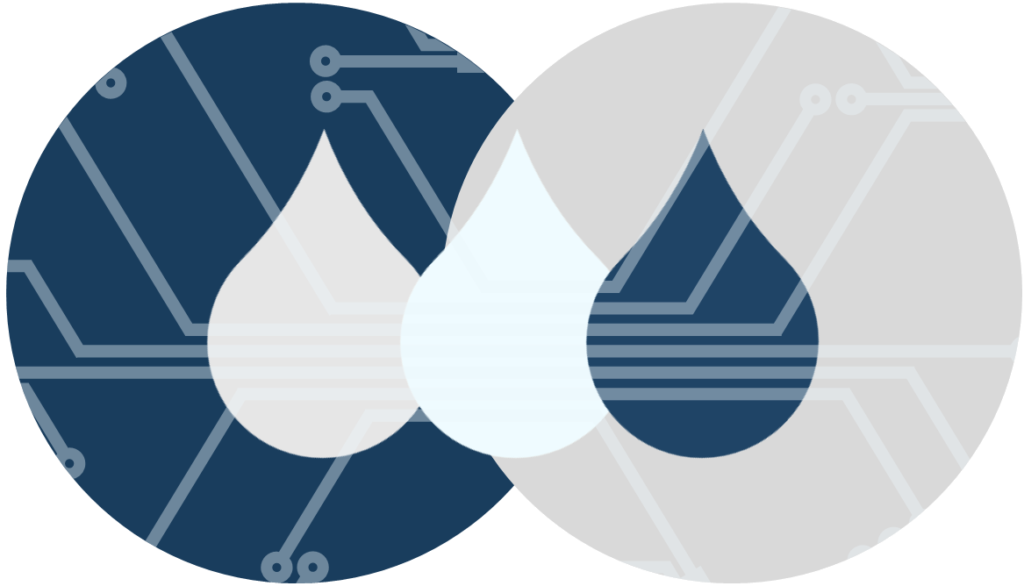
- 1991 Computing and Control for the Water Industry
- 1993 Computing and Control for the Water Industry
- 1995 Computing and Control for the Water Industry
- 1997 Computing and Control for the Water Industry
- 1999 Water Industry Systems: Modelling and Optimization Applications
- 2001 Water Software Systems: Theory and Applications
- 2003 Advances in Water Supply Management
- 2005 Water Management for the 21st Century
- 2007 Water Management Challenges in Global Changes
- 2009 Integrating Water Systems
- 2011 Urban Water Management: Challenges and Opportunities
- 2013 Information for water systems and smart cities
- 2015 Sharing the Best Practice in the Water Industry
- 2016 Computing and Control for the Water Industry
- 2017 Intelligent Water Systems
- 2019 WATER 4.0

History of the WDSA / CCWI Conferences
Computing and Control in the
Water Industry (CCWI) das
Water Industry (CCWI) das
Focusing mainly on water systems modeling and control, the CCWI conference was originally organized by the Universities of Brunel, De Montfort, Exeter, Imperial College, and Sheffield and was a biennial event from 1991 to 2015.
- 1991 Computing and Control for the Water Industry
- 1993 Computing and Control for the Water Industry
- 1995 Computing and Control for the Water Industry
- 1997 Computing and Control for the Water Industry
- 1999 Water Industry Systems: Modelling and Optimization Applications
- 2001 Water Software Systems: Theory and Applications
- 2003 Advances in Water Supply Management
- 2005 Water Management for the 21st Century
- 2007 Water Management Challenges in Global Changes
- 2009 Integrating Water Systems
- 2011 Urban Water Management: Challenges and Opportunities
- 2013 Information for water systems and smart cities
- 2015 Sharing the Best Practice in the Water Industry
- 2016 Computing and Control for the Water Industry
- 2017 Intelligent Water Systems
- 2019 WATER 4.0
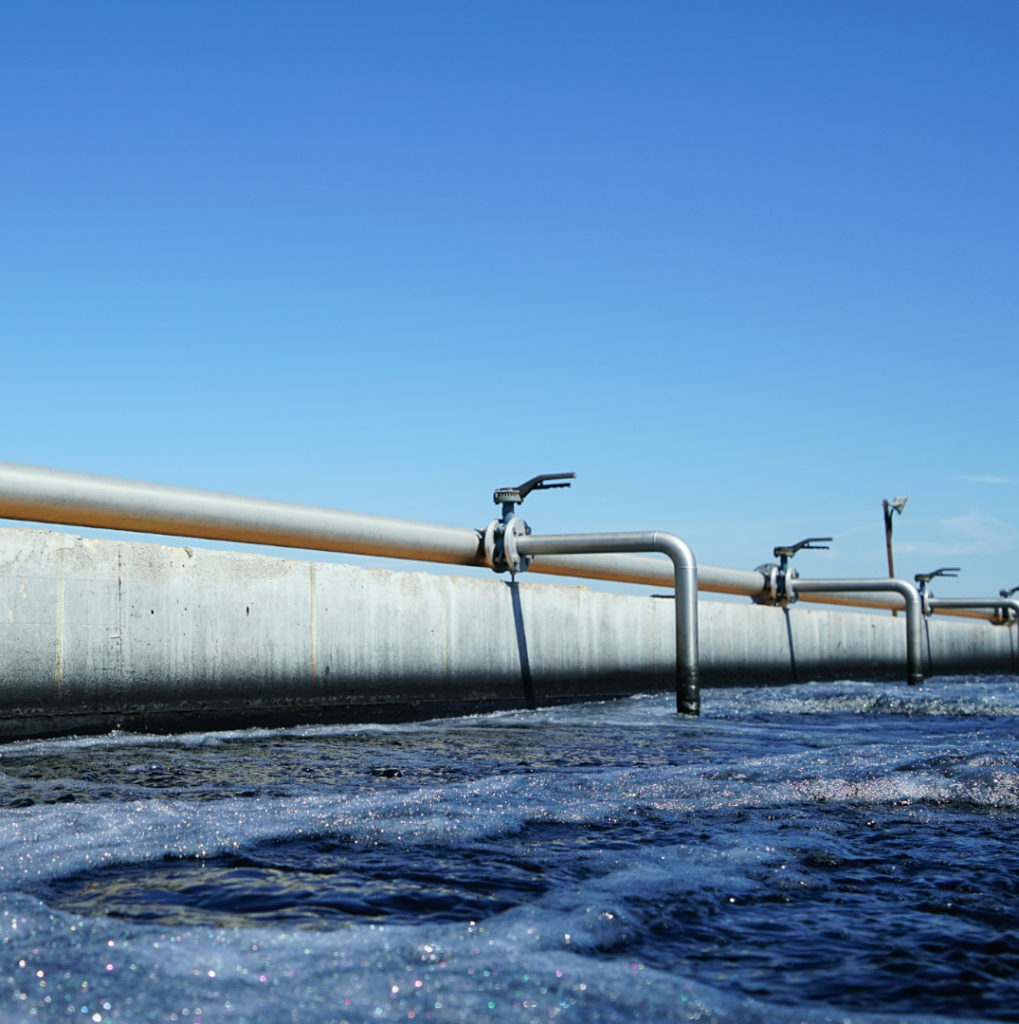
History of the WDSA / CCWI Conferences
WDSA / CCWI Joint Conferences
This joint conference brings together industry professionals and researchers from around the world to solve problems in the field of urban water systems, modeling, and control. The joint conference will tackle themes in water systems modeling and control covered by the Computing and Control in the Water Industry (CCWI) series of conferences as well as themes in water distribution analysis and modeling covered by the Water Distribution Systems Analysis (WDSA) series of conferences.
- 2018 1st Joint Conference WDSA / CCWI in Kingston, Ontario, Canada
- 2020 Joint Conference WDSA / CCWI in Beijing, China: Cancelled due to pandemic
2022
WDSA/CCWI
Joint Conference
UPV (Universitat Politécnica de Valéncia – Valencia Tech) is organizing the 2nd International Joint Conference in Water Distribution Systems Analysis & Computing and Control in the Water Industry in Valencia, Spain, on July 18-22, 2022. This joint conference brings together industry professionals and researchers from around the world to solve problems in the field of urban water systems, modeling, and control.
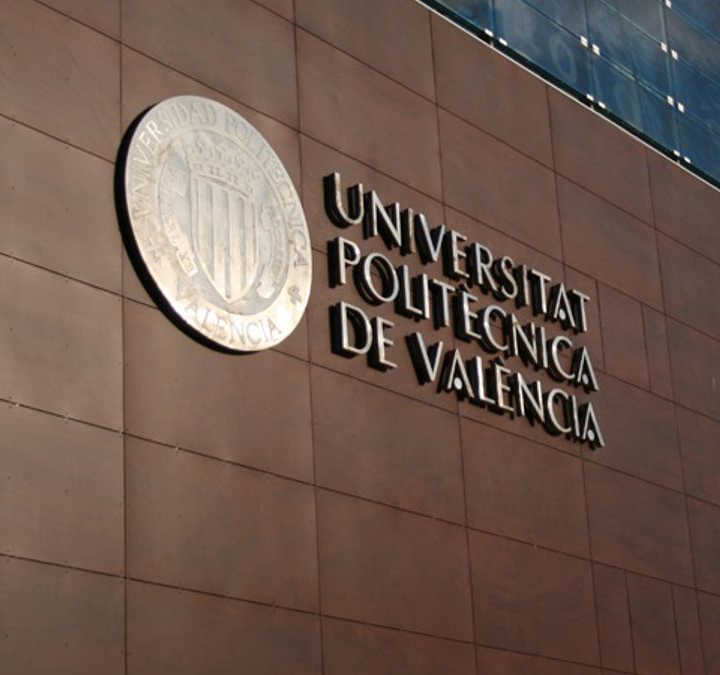
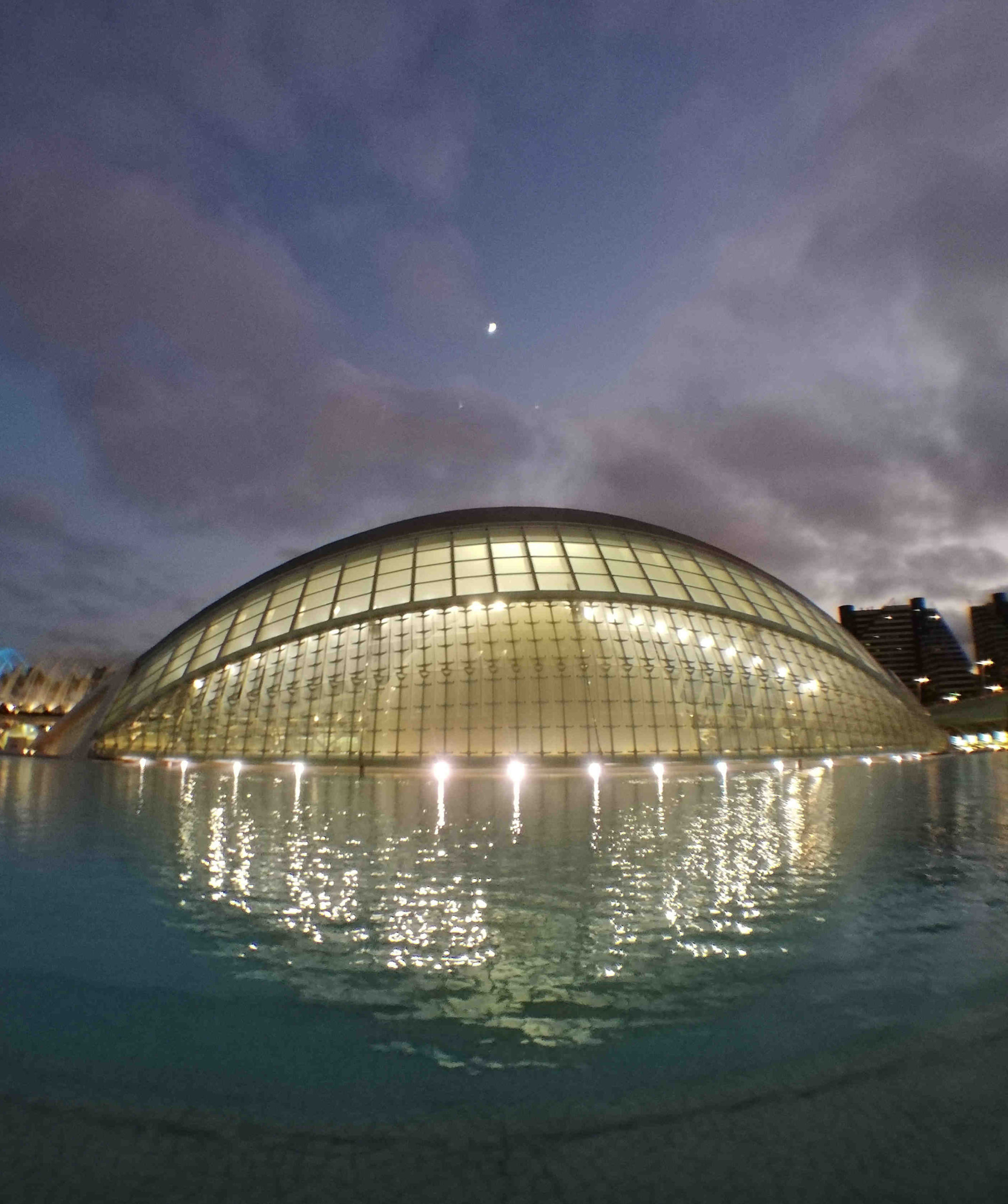
The joint conference will tackle themes in water distribution analysis and modeling covered by the Water Distribution Systems Analysis (WDSA) series of conferences as well as themes in water systems modeling and control covered by the Computing and Control in the Water Industry (CCWI) series of conferences. We are very excited to be hosting these two communities of practitioners and researchers in urban water systems in Valencia!
2022
WDSA/CCWI
Joint Conference
UPV (Universitat Politécnica de Valéncia – Valencia Tech) is organizing the 2nd International Joint Conference in Water Distribution Systems Analysis & Computing and Control in the Water Industry in Valencia, Spain, on July 18-22, 2022. This joint conference brings together industry professionals and researchers from around the world to solve problems in the field of urban water systems, modeling, and control.

The joint conference will tackle themes in water distribution analysis and modeling covered by the Water Distribution Systems Analysis (WDSA) series of conferences as well as themes in water systems modeling and control covered by the Computing and Control in the Water Industry (CCWI) series of conferences. We are very excited to be hosting these two communities of practitioners and researchers in urban water systems in Valencia!


Themes
conference Theme
Smart Water and Circular Economy: the next challenges is the main theme of the conference After decades of evolution from the first mathematical models to the emergence of hydro-informatics, an evolution of network management using a digital environment and the tools associated with artificial intelligence has been necessary. The perception of water has also changed. It is no longer a service but a product. Integral use within a circular economy will become critical in the coming decades.
Themes
Topics of the CCWI / WDSA 2022 conference included but not restricted to:
- SMART solutions for water systems (metering, assessment, forecasting and operations)
- Circular economy and block chain applications in urban water management
- Digital Twins in urban water systems
- Integral solutions to climate change and sustainable urban water cycle problems
- Water distribution network optimization: planning, design, rehabilitation and expansion
- Water distribution networks and systems modeling, operation and maintenance
- Water security, reliability and resilience in water industry
- Transient analysis, network sectoring and leakage control in water distribution networks
- Drinking water quality issues (modeling, biofilm, discoloration and contaminant intrusion)
- Intermittent water supply: modeling and operation
- Urban water networks management under emergency situations (pandemic detection and control, water shortage, natural disasters)
- Asset management and performance modeling
- Benchmarking in water distribution networks
- Advances in EPANET. Future proposals
- Advances in premise plumbing modeling
- Advances in Sewer and drainage modeling and design
- Water and wastewater treatment modeling, optimization and control
- Wastewater and storm water quality modeling, including sediment and pollutant transport
- Combined Sewer Overflow Solutions
- Storm water control: sustainable urban drainage solutions and blue-green solutions
- Advances in SWMM. Future proposals
- Pressurized and Open Channel Irrigation Networks
- Integrated urban water system modeling and management. GIS and BIM applications
- Advances in sensors, automated meter reading and forecasting in water networks
- Real time monitoring, SCADA and ICT for data management in water networks
- Data driven and soft computing analytics and visualization in water industry
- Big Data and Machine Learning techniques and analysis in urban water networks
- Emerging Hydroinformatics techniques in water, sewer, drainage and irrigation networks
- Practical applications (laboratory, modeling, case studies, demonstration projects, …)
- Educational and research transfer tools

Theme
The main goals of the conference are:
- Provide opportunities for practitioners and researchers to discuss and disseminate hot topics and novel ideas on computing and control of urban water systems
- Examine and share achievements in computing and control of urban water systems in the context of big data and internet of everything
- Establish a platform for practitioners and researchers to encourage collaborations on worthwhile projects in the field of water
- Encourage discussion between researchers and practitioners about the future challenges of the water industry: the evolution of digital and smart water systems and strategies to cope with the effects of climate change
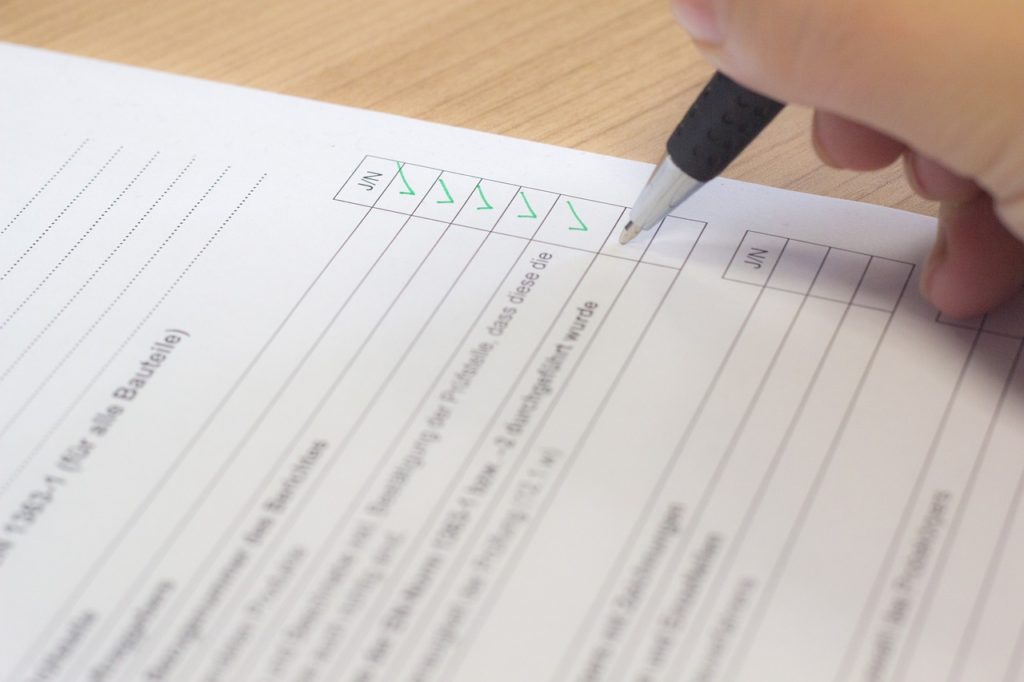
Steering/ Technical Committee
- Dominic Boccelli University of Arizona USA
- Joby Boxal The University of Sheffield UK
- Steven Buchberger University of Cincinnati USA
- David Butler University of Exeter UK
- Kegong Diao De Montfort University UK
- Yves Fillion Queen’s University Canada
- Orazio Giustolisi Technical University of Bari Italy
- Walter Grayman Walter M. Grayman Consulting Engineer USA
- Pedro L. Iglesias UPV (Valencia Tech) Spain
- Zoran Kapelan TU Delft Netherlands
- Javier Martínez UPV (Valencia Tech) Spain
- Fernando Martínez UPV (Valencia Tech) Spain
- Regan Murray US EPA USA
- Avi Ostfeld Technion – Israel Institute of Technology Israel
- Juan Saldarriaga Universidad de Los Andes Colombia
- Dragan Savic KWR-Water Research Institute Netherlands
- Angus Simpson The University of Adelaide Australia
- Ivan Stoianov Imperial College London UK
- Kobus van Zyl The University of Auckland New Zeland
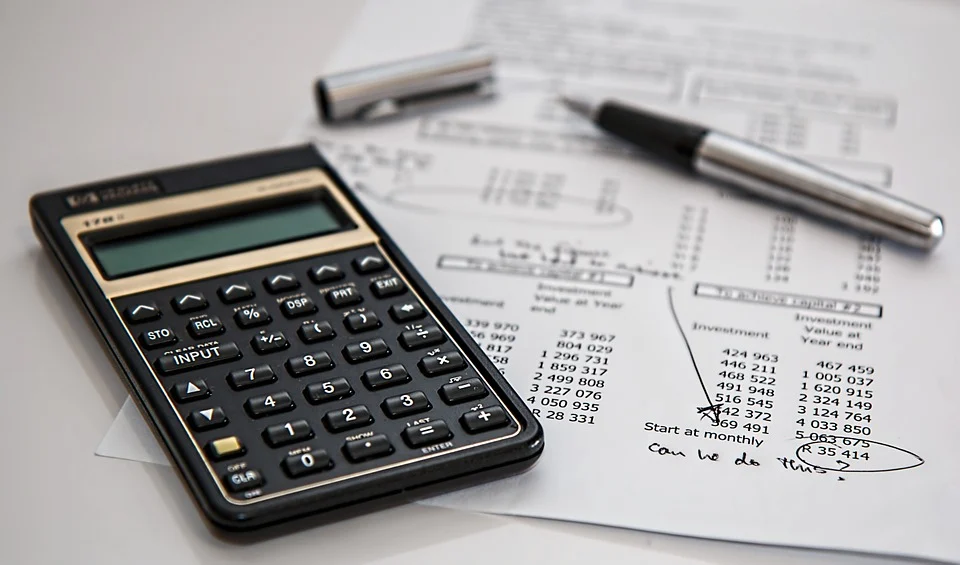
Steering/ Technical Committee
- Dominic Boccelli University of Arizona USA
- Joby Boxal The University of Sheffield UK
- Steven Buchberger University of Cincinnati USA
- David Butler University of Exeter UK
- Kegong Diao De Montfort University UK
- Yves Fillion Queen’s University Canada
- Orazio Giustolisi Technical University of Bari Italy
- Walter Grayman Walter M. Grayman Consulting Engineer USA
- Pedro L. Iglesias UPV (Valencia Tech) Spain
- Zoran Kapelan TU Delft Netherlands
- Javier Martínez UPV (Valencia Tech) Spain
- Fernando Martínez UPV (Valencia Tech) Spain
- Regan Murray US EPA USA
- Avi Ostfeld Technion – Israel Institute of Technology Israel
- Juan Saldarriaga Universidad de Los Andes Colombia
- Dragan Savic KWR-Water Research Institute Netherlands
- Angus Simpson The University of Adelaide Australia
- Ivan Stoianov Imperial College London UK
- Kobus van Zyl The University of Auckland New Zeland
Scientific
Committee
- Mohsen Aghashahi Texas A&M University USA
- Luigi Berardi Università degi Studi “G. d’Annunzio” Italy
- Mirjam Blokker KWR-Water Research Institute Netherlands
- Dominic Boccelli University of Arizona USA
- Joby Boxal The University of Sheffield UK
- Bruno Brunone Università degli Studi di Perugia Italy
- Steven Buchberger University of Cincinnati USA
- David Butler University of Exeter UK
- Ricardo Cobacho UPV (Valencia Tech) Spain
- Didia Covas Instituto Superior Técnico Portugal
- Enrico Creaco University of Pavia Italy
- Maria da Conceição Cunha Universidade de Coimbra Portugal
- Graeme Dandy The University of Adelaide Australia
- Jochen Deuerlein 3S Consult Germany
- Kegong Diao De Montfort University UK
- Demetrios G. Eliades University of Cyprus Cyprus
- Raziyeh Farmani University of Exeter UK
- Yves Fillion Queen’s University Canada
- Francisco Arregui UPV (Valencia Tech) Spain
- Marco Franchini Università degli Studi di Ferrara Italy
- Orazio Giustolisi Technical University of Bari Italy
- Walter Grayman Walter M. Grayman Consulting Engineer USA
- Pedro L. Iglesias UPV (Valencia Tech) Spain
- Adesola Ilemobade University of Witwatersrandt South Africa
- Shuming Liu Tsinghua University, China
- Donghwi Jung Korea University South Korea
- Zoran Kapelan TU Delft Netherlands
- Bryan Karney University of Toronto Canada
- Joong Hoon Kim Korea University South Korea
- Martin Lambert The University of Adelaide Australia
- Kevin Lansey The Univesity of ArizonaUSA
- Juneseok Lee Manhattan College USA
- Amparo Lopez UPV (Valencia Tech) Spain
- Javier Martínez UPV (Valencia Tech) Spain
- Fernando Martínez UPV (Valencia Tech) Spain
- Daniel Mora-Meliá Univesity of Talca Chile
- Regan Murray US EPA USA
- Lindell Ormsbee University of Kentucky. College of Engineering USA
- Avi Ostfeld Technion – Israel Institute of Technology Israel
- Olivier Piller INRAE, ETBX Research Unit France
- Heber Pimentel Universidade Federal da Paraiba Brazil
- Dusan Prodanovic University of Belgrade Serbia
- Raido Puust Tallinn University of Technology Estonia
- Helena Ramos Instituto Superior Técnico Portugal
- Juan Saldarriaga Universidad de Los Andes Colombia
- Dragan Savic KWR-Water Research Institute Netherlands
- Hwee See, Mott MacDonald, UK
- Angus Simpson The University of Adelaide Australia
- Robert Sitzenfrei University of Innsbruck Austria
- Javier Soriano UPV (Valencia Tech) Spain
- Vanessa Speight The University of Sheffield UK
- David Steffelbauer Norwegian University of Science and Technology Norway
- Ivan Stoianov Imperial College London UK
- Riccardo Taormina TU Delft Netherlands
- Ezio Todini Freelance Consultant Italy
- Jim G. Uber Xylem Inc.USA
- Kobus van Zyl The University of Auckland New Zeland
Sponsors
Exhibition and Sponsorship
Opportunities
- Web page banner, including logos and hyperlink.
- Advertising on all conference brochures and promotional materials.
- Sponsorship of coffee breaks, including signage and listing in all promotional materials.
- Social events (Icebreaking Party, Welcome Dinner, Farewell Dinner) sponsorship including signage and listing in all promotional materials.
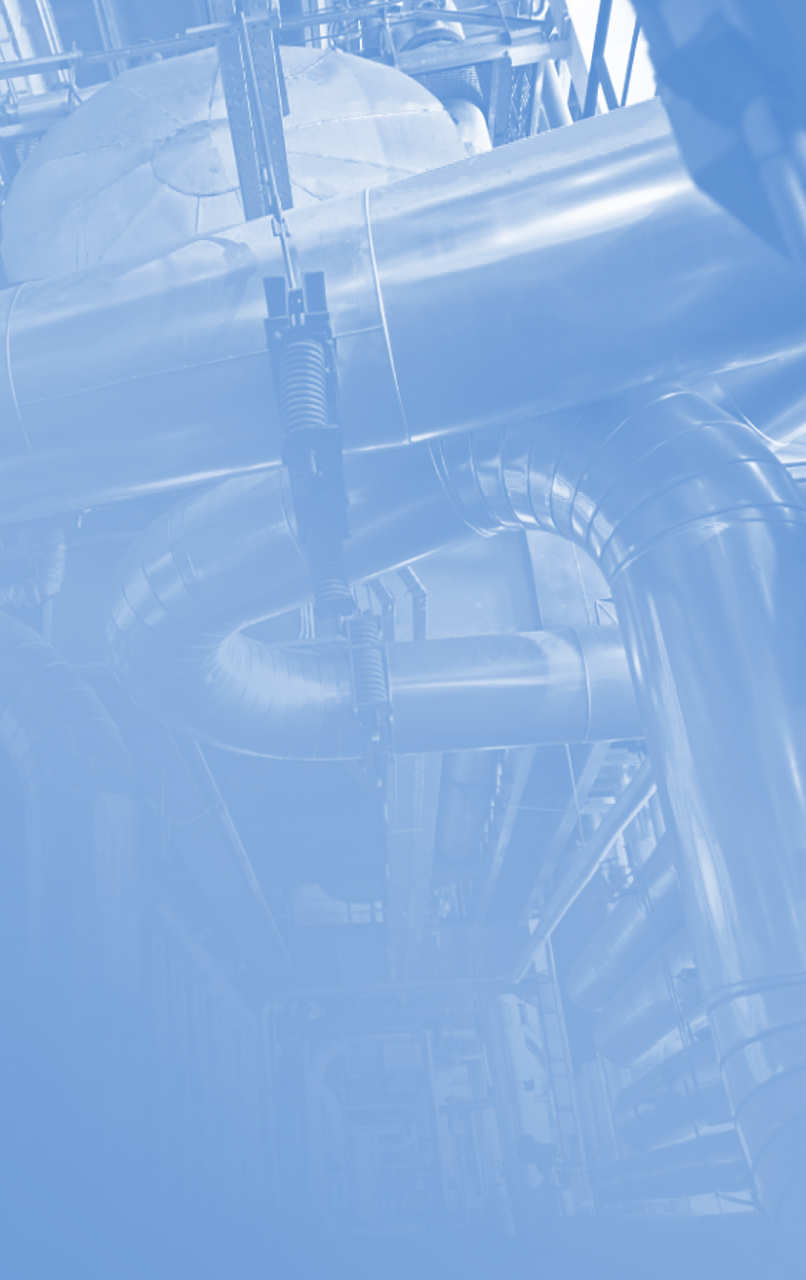
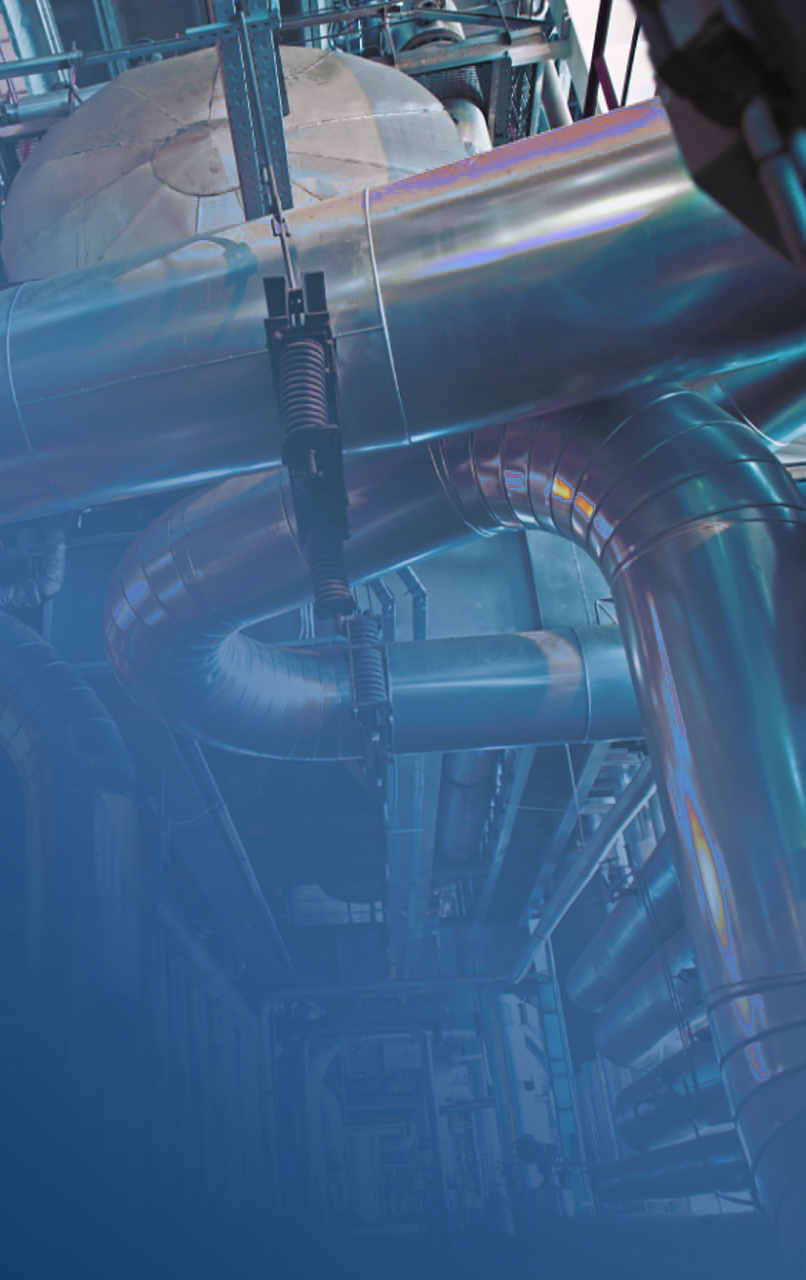
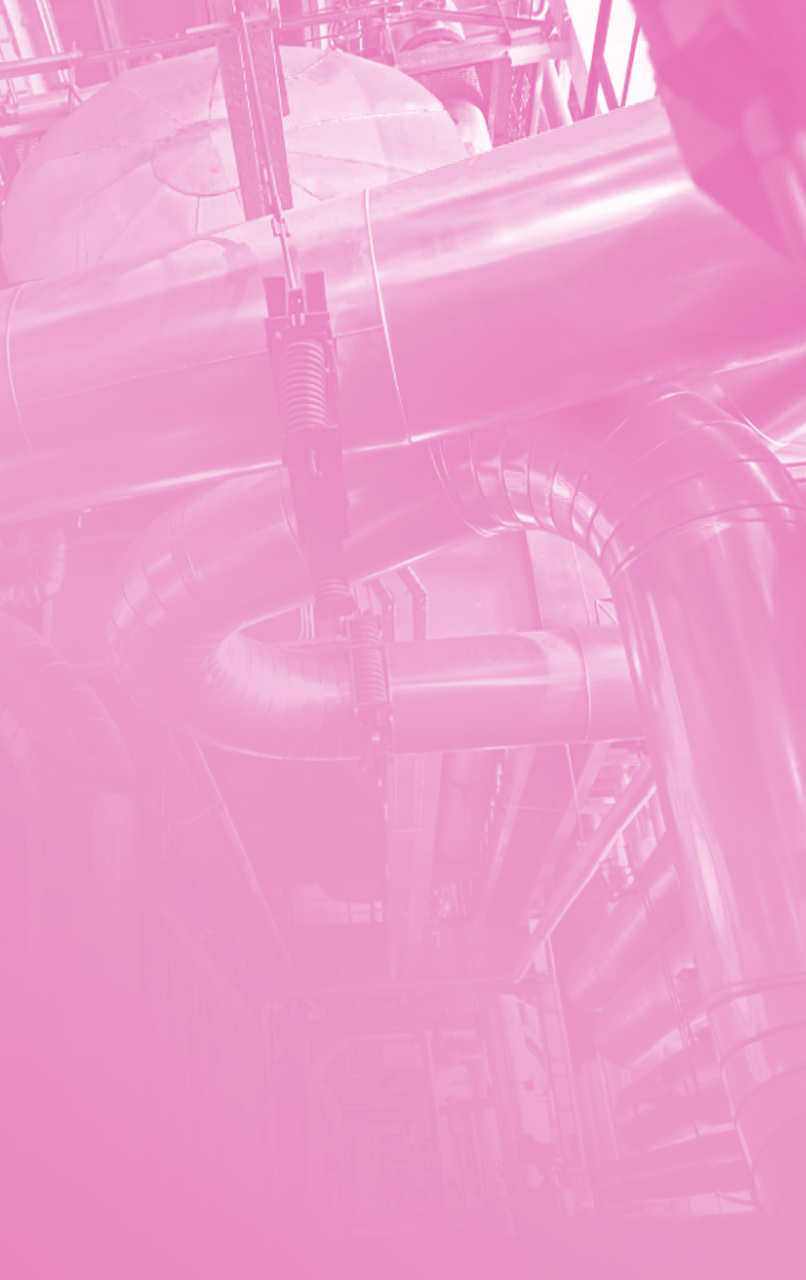
Sponsors


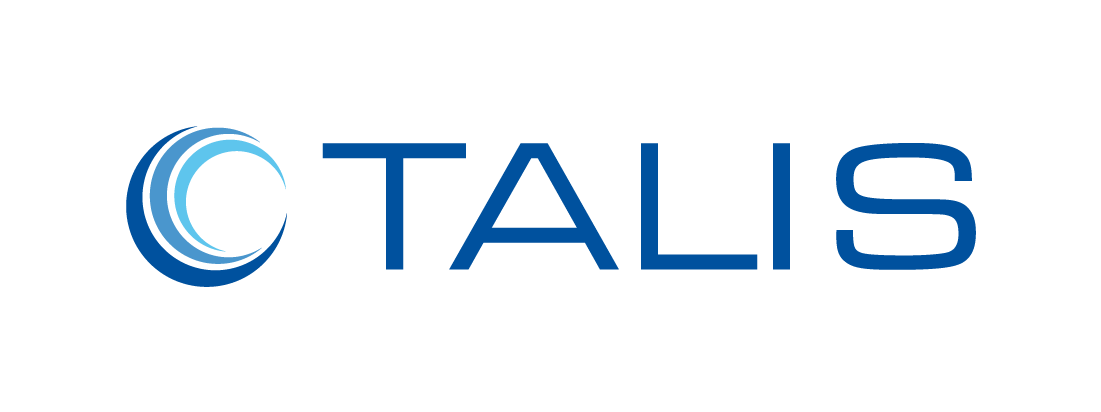

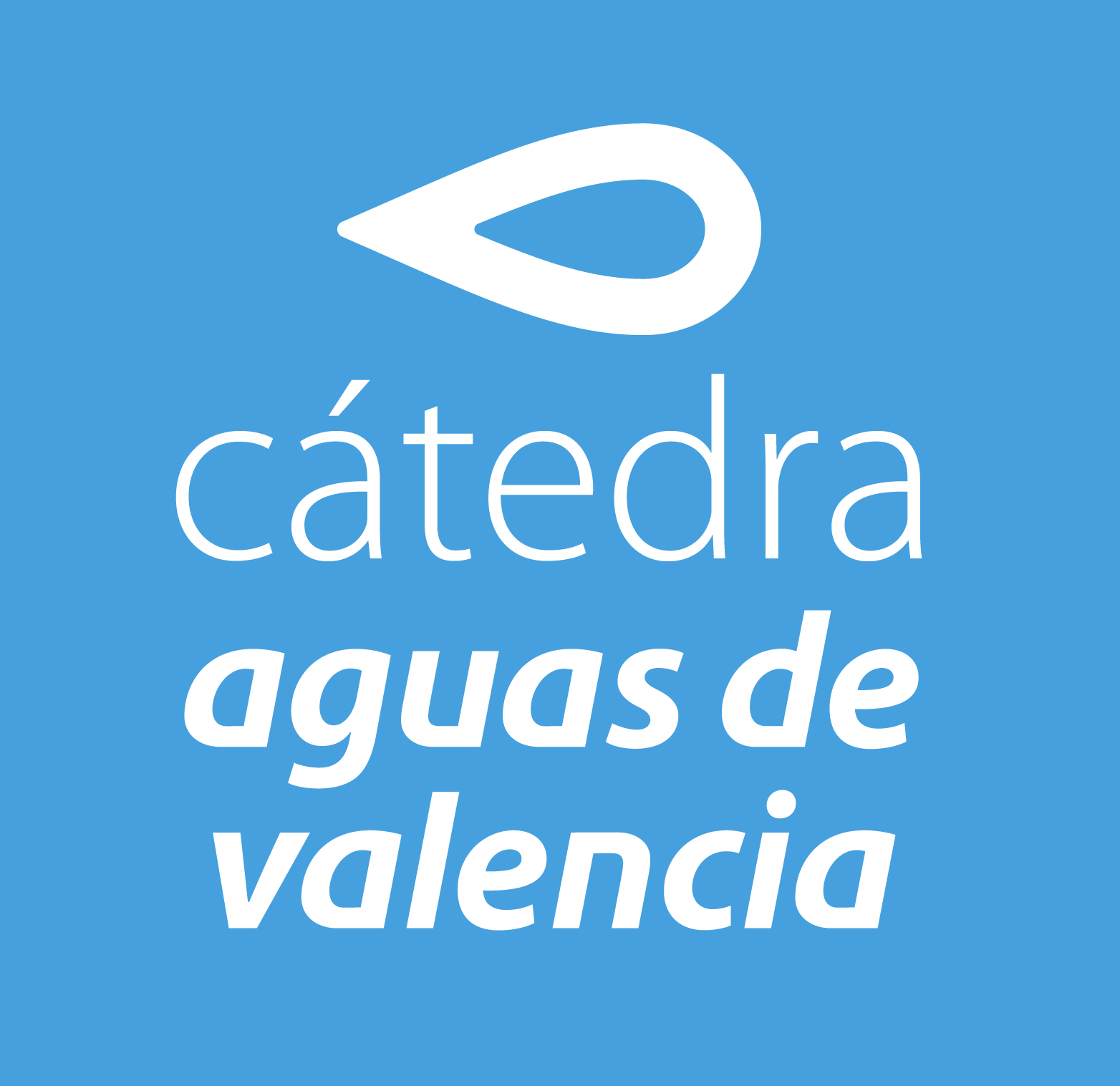
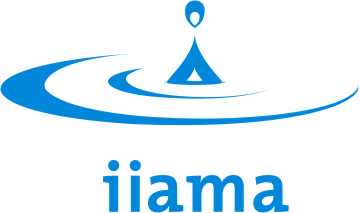
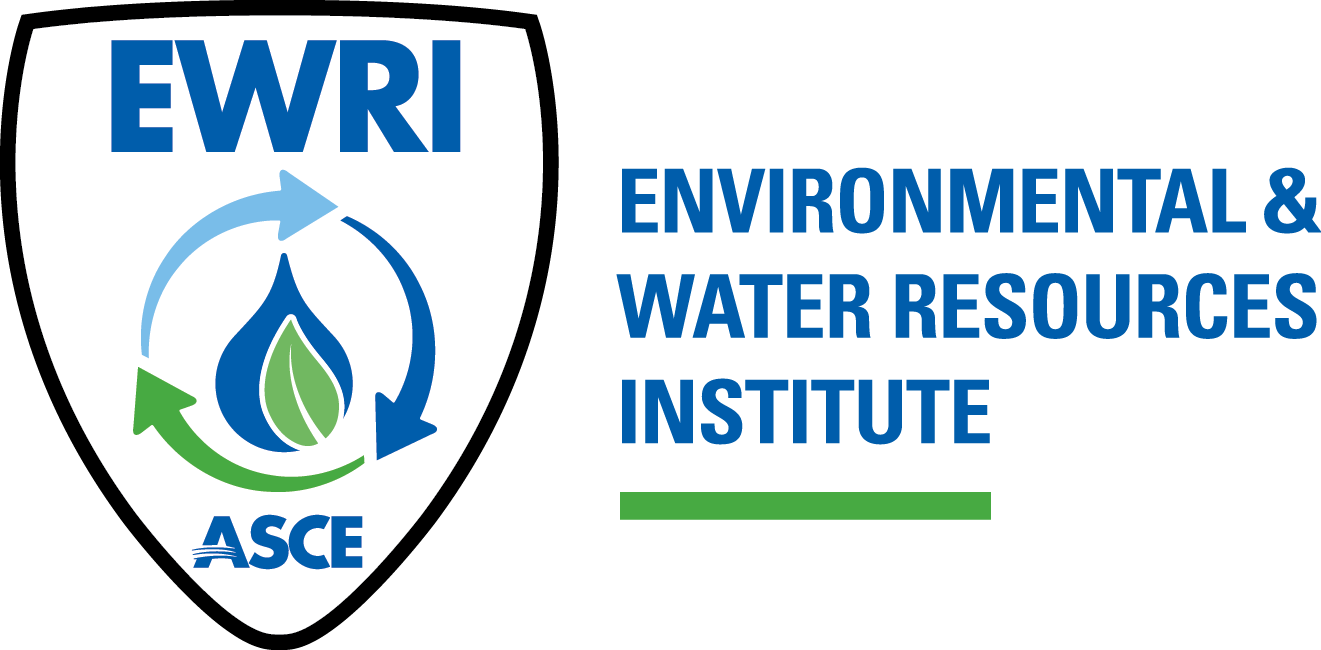
Collaborators



